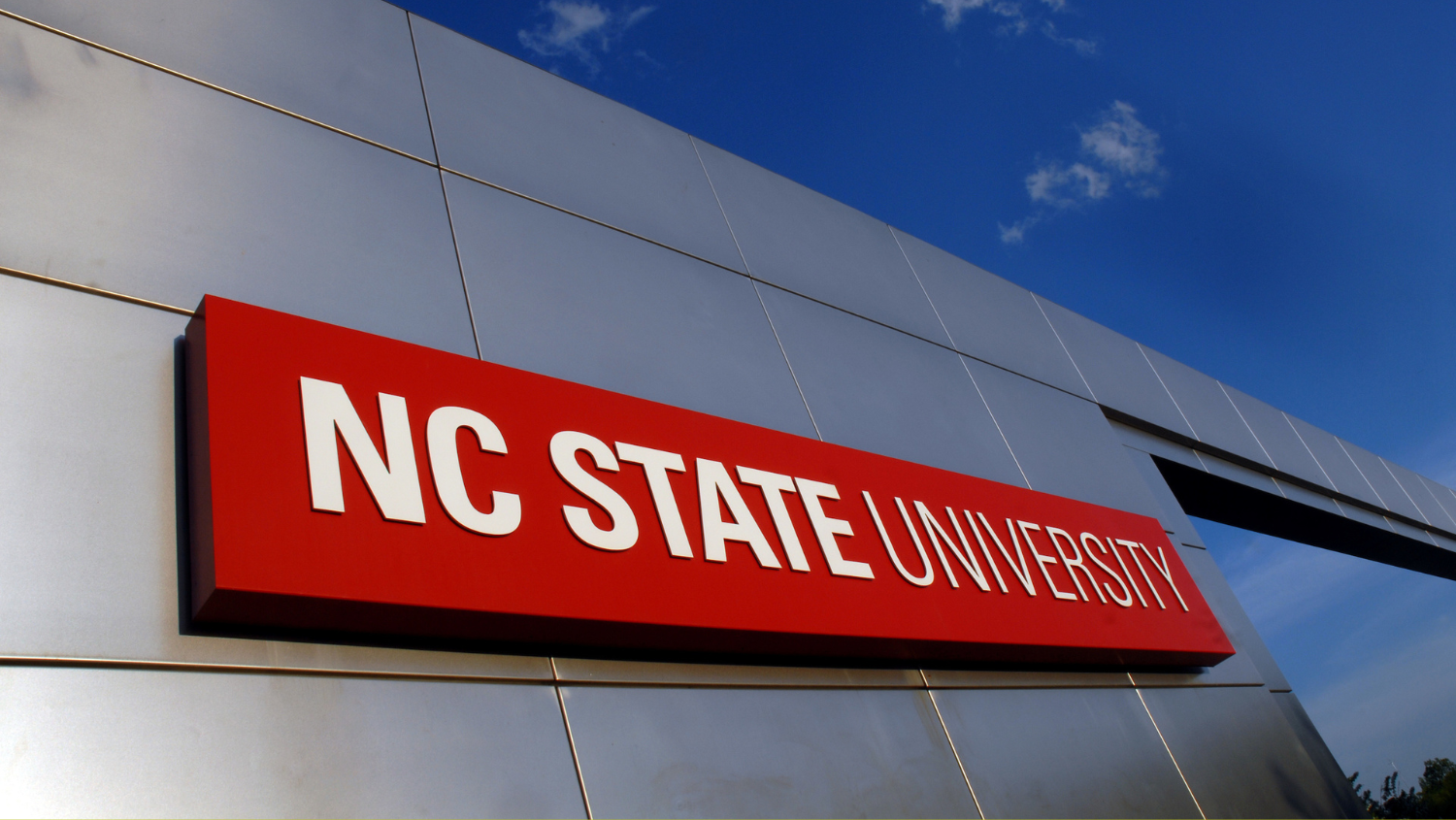Reflections on the State of Change Documentary Screening

The following is a guest post by 2023-2024 Global Change Research Fellow, Myleigh Neill.
The Global Change Research Fellows hosted Michelle Lotker, producer and editor of the PBS NC documentary “State of Change”, for a screening of clips from the documentary followed by a discussion session with Lotker.
The first clip, “Thinking Outside the Box with No-Till Farming”, featured Beverly Blackwell Bowen and Seth Blackwell from Blackwell’s Farm, Alex Woodley from North Carolina State University, and Cara Mathers from Indigo Agriculture. Blackwell Bowen explained how the multi-generational farm in North Carolina’s Piedmont region has adapted to climate change through no-till farming, and how the transition has increased the farms efficiency and profit. Woodley and Mathers discussed their predictions on how changes in precipitation and drought will impact agriculture in North Carolina. They displayed a visual difference between tilled and no-till soil, and emphasized how their research has found that no-tilled soil is more adequate at retaining soil moisture and preventing erosion.
The second clip, “The Potential of Pocosin Peatlands’ Carbon Storage”, featured Curtis Richardson and Neal Flanagan of the Duke University Wetland Center, Sara Ward of the U.S. Fish and Wildlife Service, and Eric Soderholm of the Nature Conservancy. Richardson explained why partially decayed plant material called peat is great at storing carbon, while Flanagan demonstrated how they obtain peat samples to see how it changes over time. Ward and Soderholm highlighted the vulnerability of drained peatlands to wildfires and discussed efforts to restore hydrological conditions through water control structures.
The final clip, “Planting Piedmont Grasslands Helps Fight Climate Change”, featured Tara Mei Smith and Justin Robinson of Extraterrestrial Projects, Johnny Randall of the North Carolina Botanical Garden, and Landon Hawkins, a descendent of farmers who is passionate about looking after the plants on his family’s land. Smith, Robinson, and Randall discussed the historical significance of grasslands in the Piedmont region, shaped by indigenous land management practices and European colonization. They emphasized the resilience and adaptability of native grassland plants to various climatic conditions. Hawkins and Smith advocated for restoring grassland gardens using native plants. Robinson and Smith then described the role of grasslands in carbon sequestration, proposing grassland restoration as a feasible and impactful way to address climate change that communities can do themselves.
The discussion and Q&A session with Michelle Lotker provided insights into the process of science communication and documentary production. Lotker explained how her background in both environmental science and documentary work led her to science storytelling. She shared a glimpse into the production process, from the time spent in the field, to interviewing subjects, and editing footage. She also talked about how she selects stories, highlighting the importance of seeking topics that are visually compelling and told by diverse voices. She also shared how she stays informed through newsletters, regular conversations with experts, and research alerts that help her identify emerging issues in climate change. While climate change can be a politically charged topic, Lotker emphasized the importance of sticking to fact-based storytelling to foster constructive dialogue rather than controversy.
Watch the Full Session on YouTube:
- Categories: